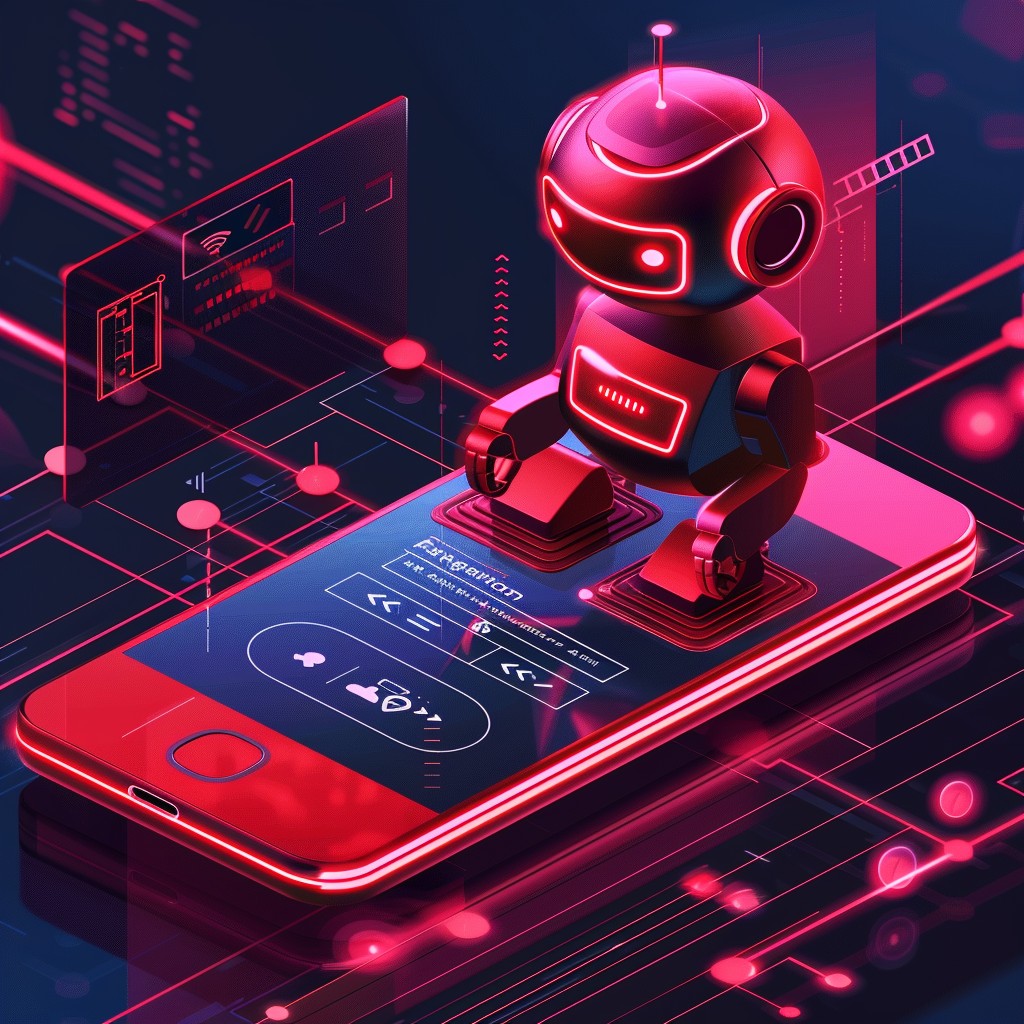How AI Chatbots Are Transforming Customer Support in 2024
In 2024, artificial intelligence (AI) chatbots are revolutionizing customer support across industries, changing how businesses engage with their customers. From improved response times to personalized service, AI chatbots are quickly becoming essential tools for companies looking to streamline their support operations while enhancing customer satisfaction. Here’s a look at how AI chatbots are transforming customer support this year and the key trends shaping their future.
1. Instant and 24/7 Customer Support with AI Chatbots
One of the biggest advantages of AI chatbots is their ability to provide instant and 24/7 customer support. Unlike human agents, AI chatbots don’t need breaks and can handle inquiries at any time of the day. This continuous availability ensures customers get help when they need it, without waiting for business hours.
For example, in e-commerce, AI chatbots can answer common questions about orders, shipping, and returns in real-time, reducing the need for customers to wait on hold or for an email response. This round-the-clock availability increases customer satisfaction and loyalty by making customer service accessible and efficient.
2. Handling High Volumes of Inquiries Efficiently
AI chatbots excel at managing large volumes of customer inquiries simultaneously. While human agents are limited by the number of conversations they can handle at once, AI chatbots can respond to thousands of users concurrently without a drop in performance.
In industries like telecom, banking, and e-commerce, where customer support teams often face spikes in demand, AI chatbots relieve pressure by automating the response to repetitive questions, such as account status or payment inquiries. By automating these simple tasks, companies can free up human agents to focus on more complex or sensitive issues, improving overall service quality.
3. Personalization through AI-Driven Insights
AI chatbots are becoming increasingly personalized, thanks to the integration of machine learning and natural language processing (NLP). In 2024, AI chatbots are more sophisticated, able to remember past customer interactions, analyze purchasing patterns, and provide tailored recommendations.
For example, a chatbot in a retail environment might recommend products based on a customer’s browsing history or previous purchases. This level of personalization enhances the customer experience by making the interaction feel more human and relevant.
4. Natural Language Processing for Better Understanding
Natural language processing (NLP) has significantly advanced in recent years, allowing AI chatbots to understand and respond to customer queries with greater accuracy. In 2024, AI chatbots can understand the intent behind user messages, even when those messages are written informally or with slang.
This improvement in NLP allows AI chatbots to handle more nuanced conversations, such as troubleshooting technical issues or responding to complaints. For instance, if a customer says, “I’m having trouble logging into my account,” the AI chatbot can quickly identify the issue and guide the user through the necessary steps. This enhanced understanding makes the chatbot interaction smoother and more effective.
5. Omnichannel Support Integration
In 2024, businesses are focusing on creating seamless customer experiences across multiple platforms, and AI chatbots are key players in this transformation. AI chatbots can be integrated across various customer touchpoints, including websites, mobile apps, social media platforms, and messaging apps like WhatsApp and Facebook Messenger.
This omnichannel support means that customers can start a conversation with an AI chatbot on one platform and continue it on another without losing context. For example, a customer may begin a support conversation on a company’s website and later receive follow-up information via email or text, ensuring a smooth and consistent experience across channels.
6. Cost Reduction and Scalability with AI Chatbots
AI chatbots offer significant cost savings for businesses by reducing the need for large customer support teams. Since AI chatbots can handle routine inquiries automatically, companies can reduce the number of human agents required to manage customer service while still maintaining a high level of support.
Additionally, AI chatbots are highly scalable. As a business grows, so does its customer base, which often leads to increased support demands. Scaling a human support team can be expensive and time-consuming, but scaling an AI chatbot is much easier, allowing businesses to manage growing customer needs without proportional increases in costs.
7. AI Chatbots and Emotional Intelligence
While AI chatbots have traditionally been viewed as emotionless tools, emotional intelligence is a growing trend in 2024. New developments in AI are enabling AI chatbots to detect customer sentiment through tone analysis and respond appropriately. For instance, if a chatbot detects frustration or anger in a customer’s language, it can adjust its responses to be more empathetic and offer to escalate the issue to a human agent.
This ability to recognize and respond to emotions improves customer satisfaction, especially in industries like healthcare or insurance, where empathy is a critical component of customer service.
8. Proactive Customer Support with AI Chatbots
One of the most exciting developments in AI chatbots is the shift toward proactive customer support. Instead of waiting for customers to reach out with problems, AI chatbots can now anticipate issues and offer solutions before they arise.
For example, in an e-commerce setting, an AI chatbot might notify a customer if an item in their cart is low in stock or follow up on an abandoned cart with a personalized offer. In the tech industry, AI chatbots can alert users about potential system outages or delays, reducing frustration and improving transparency.
9. Multilingual Capabilities of AI Chatbots
Global businesses face the challenge of supporting customers who speak different languages. In 2024, AI chatbots with multilingual capabilities have become more common, allowing companies to serve diverse audiences without needing to hire a support team fluent in multiple languages.
Through machine translation and NLP, AI chatbots can now handle inquiries in a variety of languages, switching seamlessly between them. This expands a company’s ability to provide customer support across regions and enhances the customer experience by offering service in their preferred language.
10. The Future of AI Chatbots in Customer Support
As AI continues to evolve, the role of AI chatbots in customer support will only grow. In the future, we can expect AI chatbots to become even more intuitive, with greater emotional intelligence, faster processing speeds, and deeper integration with other AI systems, like virtual assistants and voice-enabled devices.
The rise of voice-enabled chatbots, driven by voice recognition technologies, is another trend that will shape customer support in the years to come. Customers will be able to interact with AI chatbots using their voices rather than typing, providing a more natural and convenient experience.
Conclusion
In 2024, AI chatbots are revolutionizing customer support by providing fast, personalized, and efficient service. They help businesses reduce costs, handle high volumes of inquiries, and deliver 24/7 support across multiple channels. With advancements in NLP, emotional intelligence, and multilingual capabilities, AI chatbots are becoming increasingly sophisticated, allowing companies to meet customer expectations while driving growth and scalability.
As AI technology continues to advance, the future of customer support will likely see even more seamless, human-like interactions, making AI chatbots an essential tool for businesses looking to stay competitive in today’s fast-paced market.







Leave a Reply